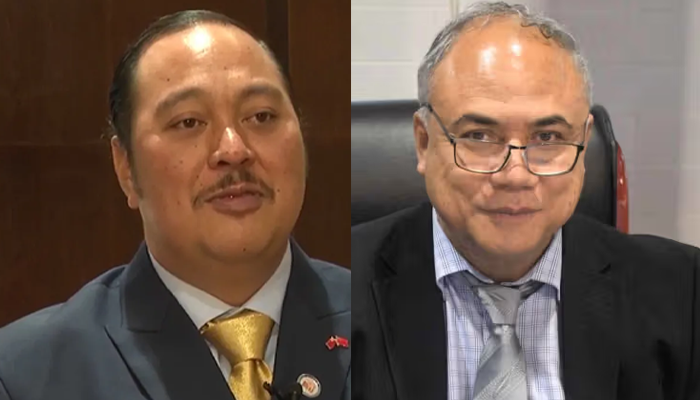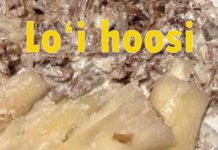The Trump administration may deport migrants to countries other than their homelands with as little as six hours’ notice, according to a newly disclosed memo—a move that could significantly impact Tonga if it fails to satisfy U.S. authorities and avoid a potential travel ban.

The July 9 memo from ICE Acting Director Todd Lyons, obtained by Reuters, states that while deportations to “third countries” typically follow a 24-hour notice period, expedited removals are now permissible in certain cases.
ICE could remove them, however, to a so-called “third country” with as little as six hours’ notice “in exigent circumstances,” said the memo, as long as the person has been provided the chance to speak with an attorney, Reuters reported.
The memo states that migrants could be sent to nations that have pledged not to persecute or torture them “without the need for further procedures.”
The move signals a hardening of U.S. immigration enforcement as the administration pressures nations to comply with its migration demands.
Government Response Remains Unclear
About a month after U.S. authorities warned Tonga of a potential travel ban, last week’s memo’s contents have come to light, while Tongan officials have yet to disclose the details of the warning or update the public on the status of their response.
Tonga’s Prime Minister ‘Aisake Eke previously called the U.S. travel ban warning “alarming.”
The response to the U.S. warning has taken an unusual turn, with Prime Minister Eke and Deputy PM Taniela Fusimalohi appearing to distance themselves from the matter.
Both leaders have stated that the issue was handed over to Crown Prince Tupouto’a, the Foreign Affairs Minister, implying the government’s official position now rests solely with him.
It remains unclear why such a significant warning directed at the Tongan government has been entrusted solely to His Royal Highness and the Ministry of Foreign Affairs.
While the specifics of the U.S. warning to Tonga were not made public, a reported memo signed by Secretary of State Rubio last month—listing Tonga among 36 countries facing potential travel bans—stated that the nations could mitigate concerns by agreeing to accept third-country deportees or entering a ‘safe third country’ agreement.
For Tonga, this poses a significant diplomatic and logistical challenge. If the country agrees to the mitigation measures suggested by the U.S., it could be forced to accept deportees with minimal notice, potentially straining its resources and sovereignty.
The June memo reportedly set a 60-day response timeframe, but Prime Minister Eke stated during a press conference that Tonga was not given any official deadline.
Observers warn that the aggressive deportation policy risks diplomatic friction, particularly if third countries are unwilling to accept removed migrants.
Meanwhile, Tonga faces mounting pressure to address U.S. concerns or risk restrictions on its citizens.







